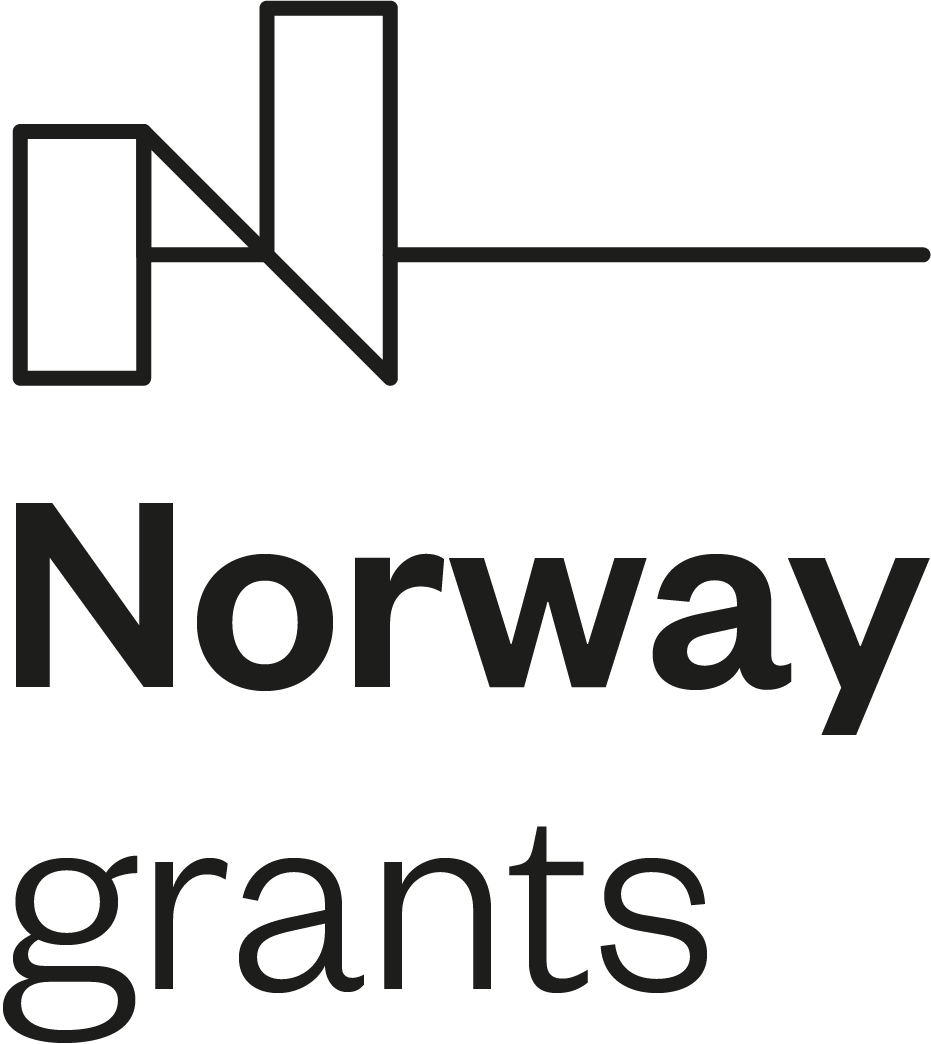Fritillaria Kurdica.Bulletin of Kurdish Studies no. 16
In the 16th issue of our bulletin we present two texts which offer an insight to reality and culture of Yezidis and the Kurds living outside Kurdistan – in Transcaucasia and Khorasan. The text by Artur Rodziewicz consists of two parts: the introductory sketch devoted to the Yezidi diaspora living in Armenia and Georgia, and the interview with Dimitri Pirbari who is a Yezidi religious leader. Dimitri Pirbari plays a pivotal role in revival of Yezidism in Transcaucasia, and also considers Yezidis a separate nation that is not related to the Kurds. The work by Abdullah Hajiyan and Umîd Demirhan presents an anthology of Kurdish oral texts collected in Khorasan. It is followed by a small dictionary of the Kurmanci dialect spoken in Khorasan which preserved many archaic forms. The brief introduction provides some general information about the Kurds of Khorasan.
Artur Rodziewicz
Odrodzenie religii jezydzkiej w Gruzji? Rozmowy z Dimitrijem Pirbarim, głową Duchowej Rady Jezydów w Gruzji (Revival of the Yezidi Religion in Georgia? Conversations with Dmitri Pirbari – The Head of the Spiritual Council of the Yezidis in Georgia.)
This paper is based on my fieldwork conducted between 2015 and 2017 in Transcaucasia. It consists of two parts: the introductory sketch and the record of my conversations with Dimitri Pirbari, a Yezidi religious leader who played a pivotal role in the Yezidism revival in Transcaucasia. The introductory sketch is devoted to the Yezidi diaspora living in Armenia and Georgia. Particular attention is paid to Tbilisian diaspora – its history, since the migration period which was the result of tensions between Ottoman authorities and the Yezidis, the situation under the Soviet rule till the fall of Communism and also present discussions on its religious and ethnical identity. I introduce the first generation of the Yezidi orientalists from Tbilisi, as well as representatives of young scholars – the Tbilisian pir and the head of the Spiritual Council of the Yezidis in Georgia – Dimitri Pirbari (Pir Dima) and his struggle for salvage of the Yezidi religion and the Yezidi identity. Among various matters presented in the paper, a special interest was put on the urgent problem of preservation of the Yezidi principles and taboos, and the attempts to establish a new religious ritual allowing Georgian Yezidis, who converted to Christianity, but who are not yet married to non-Yezidis, to return to Yezidism. Furthermore, I concentrate on a description of Georgian Yezidis’ struggle to preserve their religious identity – an activity that led to the erection of the sanctuary (Ziyarete êzdiyan “Quba Siltan Êzîd”) in Tbilisi two years ago. However, what seemed to be the accomplishment of a dream of the community, has recently become a cause of a growing conflict over the ownership of the sanctuary. The second part of the text contains of an extensive record of the talks I held with Pir Dima in Tbilsi in 2016 and 2017. The issues discussed during the conversations are inter alia: the problem of the social structure of the Yezidi community, specifics of the pir’s activity, local variants of the Yezidi rituals and festivals, relationship with Christianity as well as detailed topics concerning the Yezidi ‘theology’ (e.g. the issue of divine personification and incarnation, the ontological status of the planets and the Sun, and furthermore controversies concerning main Yezidi saints and threads from the Yezidi qewls). The question of current problems of the Yezidi community in Georgia, and development of their mutual relations with the Kurds in recent years are also presented here.
Abdollah Hajiyan, Umîd Demirhan
Gulbijêrek ji çand û wêjeya Kurdên Xorasanê (The Collection of Texts by the Kurds of Khorasan)
The paper offers an insight into culture and language of Khorasan Kurds whose existence in northeastern Iran and cultural output remain highly unknown to a wider audience. At present the Kurds in Khorasan make up a population of nearly two million. They are descendats of the Kurdish tribes that were expelled from Kurdistan and resettled to Khorasan under the rule of shah Abbas I in the early 17th century. Such a policy was focused on providing protection of the northeastern border of Iran. In the 21th century, despite being cut off their roots, the Khorasan Kurds still maintain their language and culture. The paper presents an anthology of Kurdish oral texts and a small dictionary of Khorasan version of Kurmanci dialect which preserved many archaic forms. The texts were collected and written down by Abdollah Hajiyan. Umîd Demîrhan edited them according to the orthography norms of the Istanbul Kurdish Institute. He also explained proverbs and prepared the glossary for Kurmanci of Khorasan. Some of the texts, especially the modern ones, are quoted after existing publications and online sources. The collection contains: 1. Kurdish proverbs (Gotinên Pîşinîyan), 2. Riddles (Tiştonek), 3. Abbreviations of names (Kurtkirina navan), 4. 3-line poetry forms (Sêxiştî), 5. Imprecations (Nifr), 6. Stories (Çirok), 7. Examples of classical and modern literature (Nimûneyên wêjeya klasîk û nûjên), 8. Dictionary (Ferhengoka Kumanciya Xoresanê).





